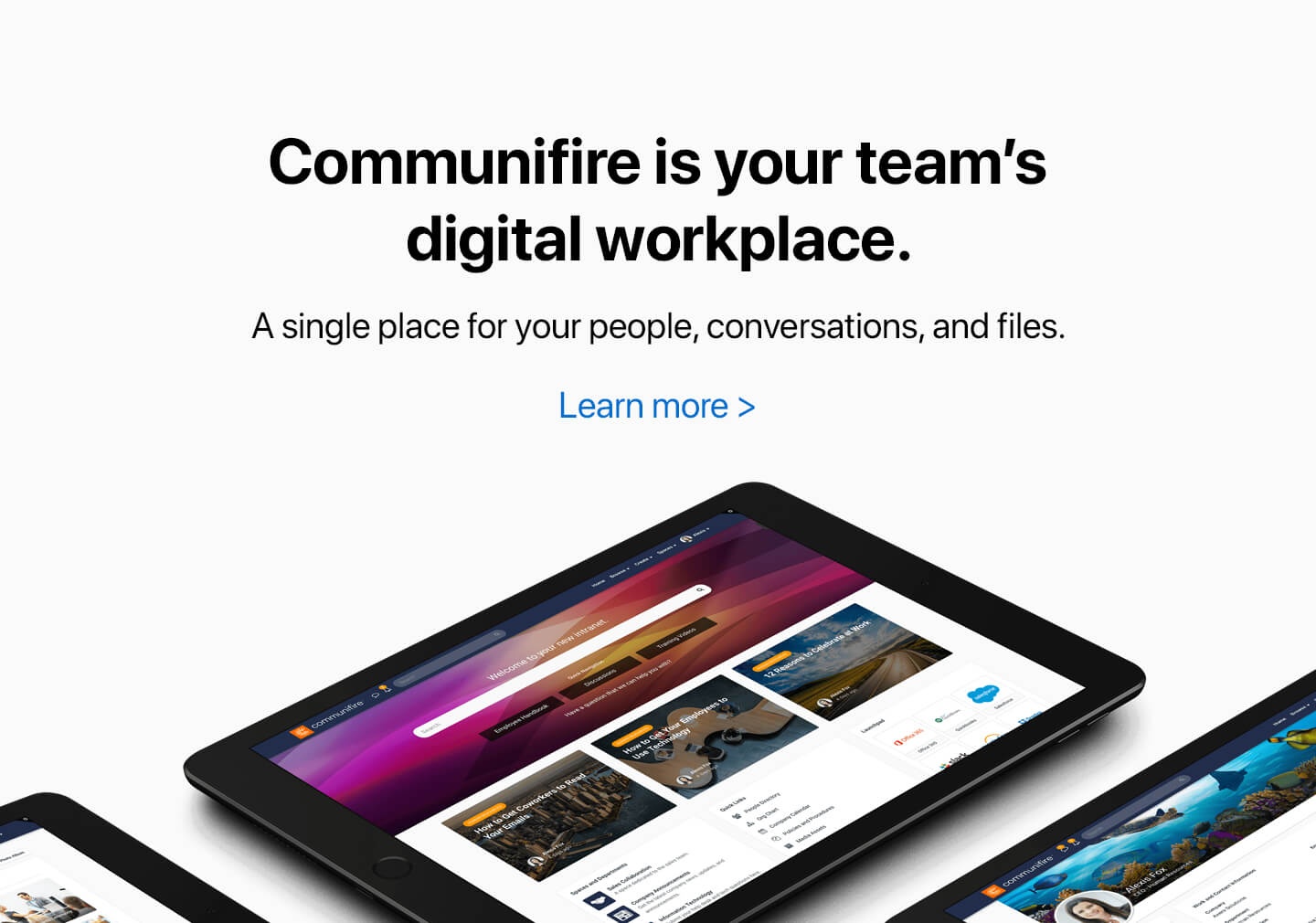So many projects, so little time.
— Corporate Communications Director
In the last post, I wrote about balance. I can already hear the skeptics laughing in the background. “Good luck with that, Tim! I just need to make it through the quarter.”
Okay, let’s talk about that. When I ask people about their biggest challenge at work, nearly a third respond with various productivity concerns. It makes perfect sense. Work creates more work. If you are one person responding to the needs of many, you will get swamped. But wait! There are multiple people in your group, in your company, and in your world. When you factor them into the equation, the challenge becomes sharing work, not adding time.
Your workload is a problem. But you can’t solve it until you frame it in a way that invites a solution. Saying “I don’t have time” does little to point you in the right direction. When productivity is a challenge, train yourself to ask a different set of questions. Who can help me with my project? Who knows about it more than I do? What do other people need in order to help me?
Those are more reasonable and motivating challenges. Unlike time, the amount of sharing you can do is unlimited. But here’s the problem: sharing work means sharing knowledge. And we don’t always know what we know, let alone how to communicate it to other people.
Here’s where technology can be a huge help. Is it any wonder that the most successful tech companies of our time: Google, Facebook, LinkedIn, etc. are in the business of sharing knowledge? Coincidentally, these are also the best places to work I talk so much about in Who The Hell Wants to Work for You?
What do these companies understand that we don’t? And what do they practice that we forget?
For starters, all three have a passion for connecting the world. Notice something else. Their products allow us to communicate more by doing less. Facebook tells you what’s happening in your friends’ lives. There’s nothing to do, except to turn on your phone, which most people never turn off, anyway. LinkedIn brings you jobs and recruiters and lets others update your skills for you. Google Docs enables multiple users to work on the same document at the same time.
Social media is designed to reduce the number of steps between doing and communicating. Sometimes—when using shared workspace, for example—it takes no extra steps at all; you communicate by doing.
So, if teens can get help with homework using social media, can our Corporate Communications Director get a head start on his projects by similar means? Like social intranets and other types of social business software. This technology exists to get you the help you need when you need it. (And if the word “technology” gives you shingles, many are cloud solutions requiring minimal input from corporate IT.) Whether he’s trying to improve systems or create more content, our Corporate Comms Director is likely to come out ahead by making his business more social.
When your head is full of projects, the last thing you want to be is a lone wolf. Most top execs and CEOs recognize this. They involve other people at every step of their projects. Not just to delegate execution, but to brainstorm ideas, set priorities, allocate resources, monitor progress, and evaluate results.
Unfortunately, folks outside of top management often lose sight of the importance of getting support. Perhaps they don’t believe they are entitled to help. In the last post, we talked about employees who don’t feel entitled to balance in their lives and what it does to the morale. The same logic applies here. If you don’t see people reaching across business units and departments for quick advice, you might not think it’s okay for you to do it. The more overwhelmed you get, the less likely you are to holler for help, because you’ll assume that everyone is in the same boat as you. And then you’ll get asked to serve on the employee engagement council and come up with a bag of clever ideas. And you’ll say, “Gee-whiz, let me add that to my list…”
Take the case of our Corporate Comms Director. It’s possible, even likely, that he has no direct reports. He could also be the first in his company to hold that post. Right away he faces head-spinning options. Press releases. Interviews. Sponsorships. Social media. Philanthropy. Special Projects… Even if he had a staff of ten to jump on everything at once, it might not be wise to do so. Because some of these projects will be much more valuable than others.
Instead of checking items off his to-do list, our Director’s job becomes to change and shuffle the list. He must do this constantly, so that the most workable and impactful project—the one whose time has arrived—is the one getting everybody’s attention. And that’s where sharing work, opening communication, and connecting in real time come into play. How to better gauge feasibility and impact than to ask a bunch of people for their knee-jerk reaction? Extra points if you can do it without standing outside of their cubicles or cluttering their inboxes.
Whether or not your job comes with direct reports, you are always forever entitled to the best resources to get it done. This kind of thinking will eventually land you a promotion. You may even become so resourceful that you’d want to start your own company. In either case, you must share your agenda and stay connected with lots of people. Maybe the whole company and beyond.
Start today.
If you barely have time to read this blog post, you might like my book, because it reads fast, and it helps you turn things around fast.
If your company has knowledge and you need to put it to work, you might like our software, because it turns your team’s collective wisdom into a centralized, searchable knowledge base.












 info@axerosolutions.com
info@axerosolutions.com 1-855-AXERO-55
1-855-AXERO-55


